Question And Answer
Publications
Articles, publications, books, tools and multimedia features from the U.S. Institute of Peace provide the latest news, analysis, research findings, practitioner guides and reports, all related to the conflict zones and issues that are at the center of the Institute’s work to prevent and reduce violent conflict.
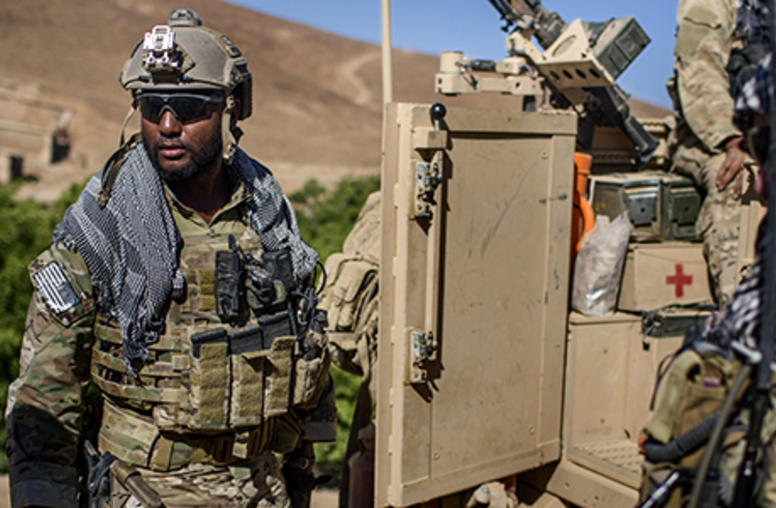
Poor Planning, Coordination Cited in Afghan Intervention
Failings by the United States and its NATO partners in the early stages of the 15-year-long war in Afghanistan have prolonged that country’s need for international troops and economic help, U.S. and German officials said in a recent forum at the U.S. Institute of Peace that examined the lessons learned during the past decade.
Urgent Imperative: Get Afghanistan’s Government Working
Ten weeks after the Taliban briefly captured Kunduz, Afghanistan’s fifth-largest city, neither the fractured government nor the country’s political class is showing signs of heeding that wake-up call—or the other flashing warnings that the 14-month-old government is close to failure. While the United States quickly announced the reversal of its planned withdrawal of forces from the country, the factions in Kabul must figure out how to cooperate in governing, and Washington must do all it can to advance that, analysts say.
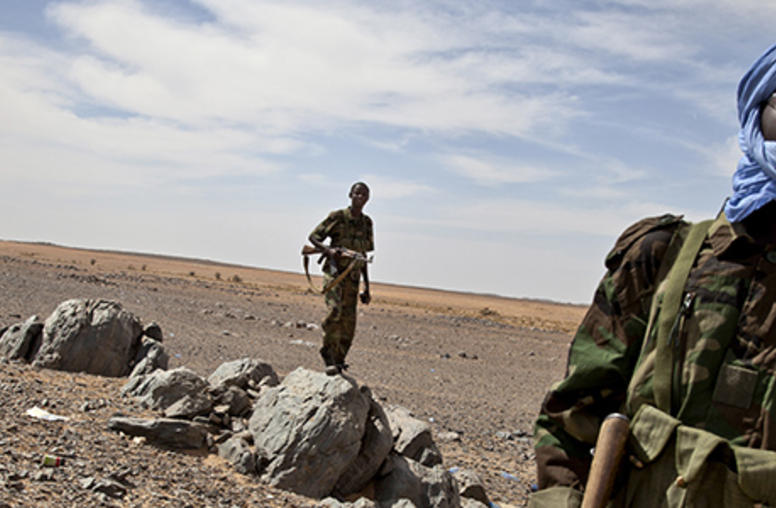
Q&A: The Siege in Mali
As militant gunmen seize a hotel in the capital of the West African state of Mali, U.S. Institute of Peace Program Specialist Emily Fornof offers context for the incident. Fornof served as a Peace Corps volunteer in Mali, and is conducting graduate research on the country’s conflicts at George Mason University.
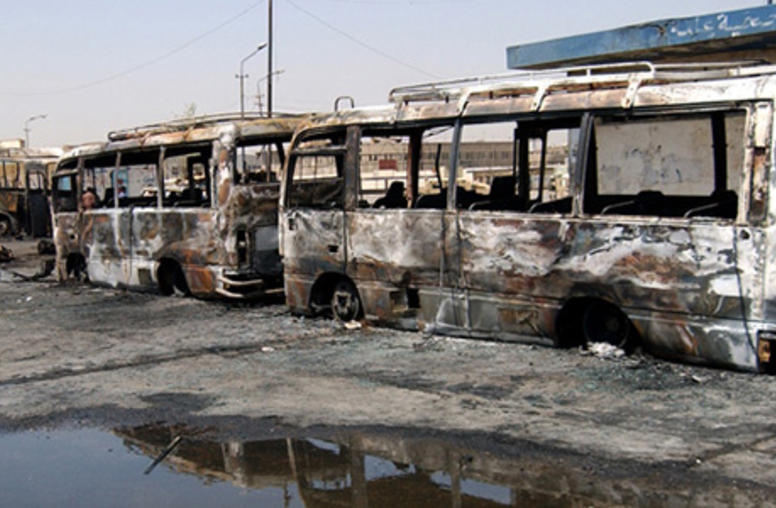
Terrorism Study: ISIS Isn’t the Deadliest Extremist Group
Worldwide deaths from terrorist incidents jumped 80 percent in 2014 compared with the year before and were concentrated in five major conflict zones, according to the third annual Global Terrorism Index, released November 17. While that conclusion was unsurprising, the index included less obvious findings with implications for policy makers who have to tailor solutions to specific countries and regions, according to experts who discussed the study at the U.S. Institute of Peace.
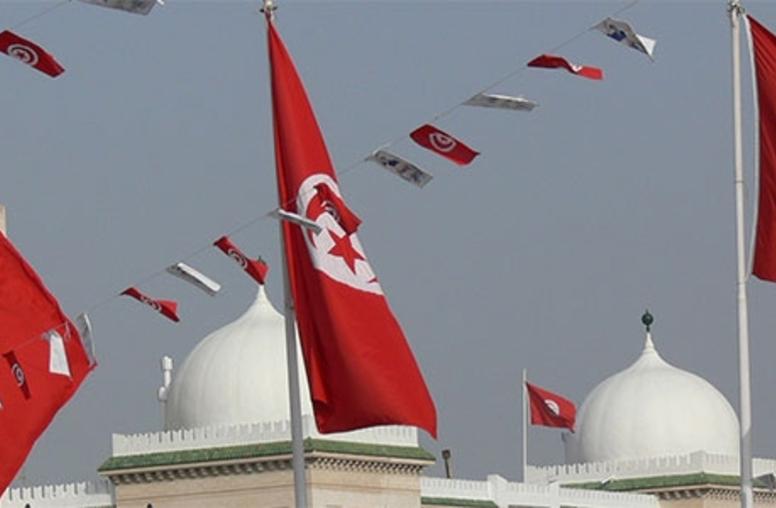
In Tunisia, Economic Crisis Threatens Political Progress
The relative stability of Tunisia’s politics—achieved through a “national dialogue” whose mediators won the Nobel Peace Prize—is largely holding. Within a broad, governing coalition, Islamists, secularists, trade unions and employers all jockey for advantage in the usual democratic ways. But beneath the comparative calm, an economic crisis threatens the political gains of the only country building a democracy from the Arab Spring uprisings of 2011.
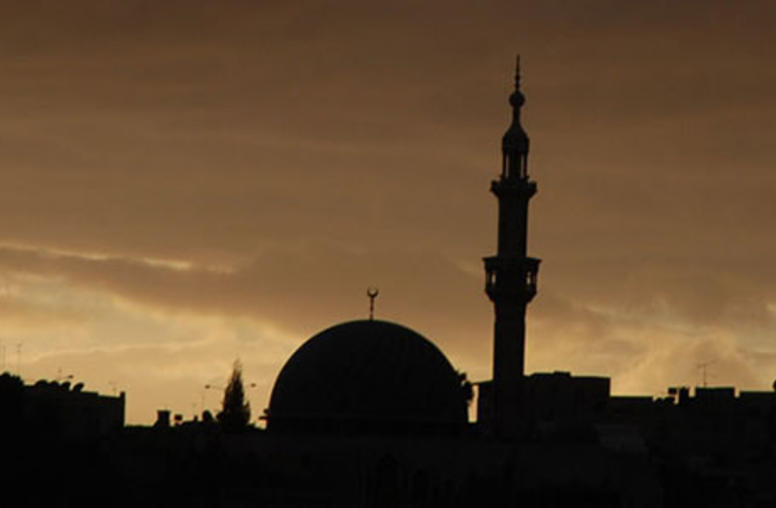
Is Islam to Blame for Its Extremists?
Ayaan Hirsi Ali and Manal Omar continue their debate on the Quran, the Islamic State, and how to save the religion.
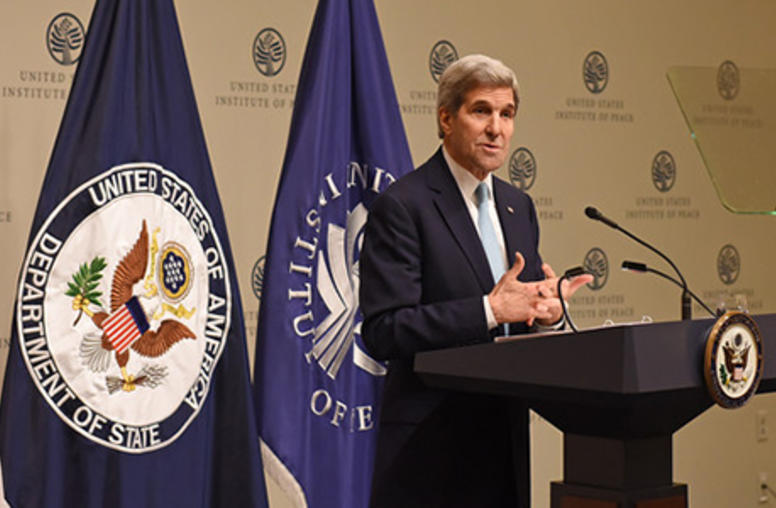
Kerry Says Assad Staying as Syrian Leader Is a "Non-Starter"
Secretary of State John Kerry, in an address at the U.S. Institute of Peace on the U.S. approach to the war in Syria, reinforced the administration’s firm opposition to allowing President Bashar al-Assad to remain in power under any resolution to the 4 ½-year conflict. Before leaving the U.S. today to resume talks on Syria in Vienna, Kerry pledged accelerated U.S. diplomatic and military efforts to end the fighting and defeat the self-styled “Islamic State” extremist group.
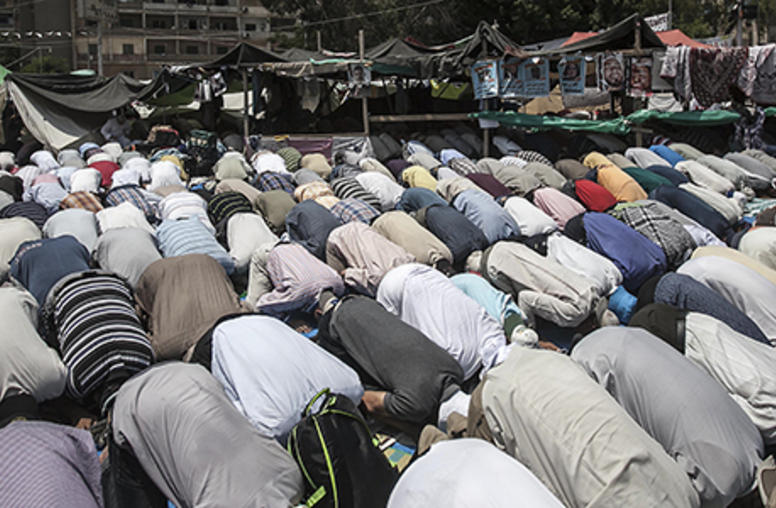
Islam Is a Religion of Peace
Can the wave of violence sweeping the Islamic world be traced back to the religion's core teachings? A USIP-FP Peace Channel debate about the roots of extremism.
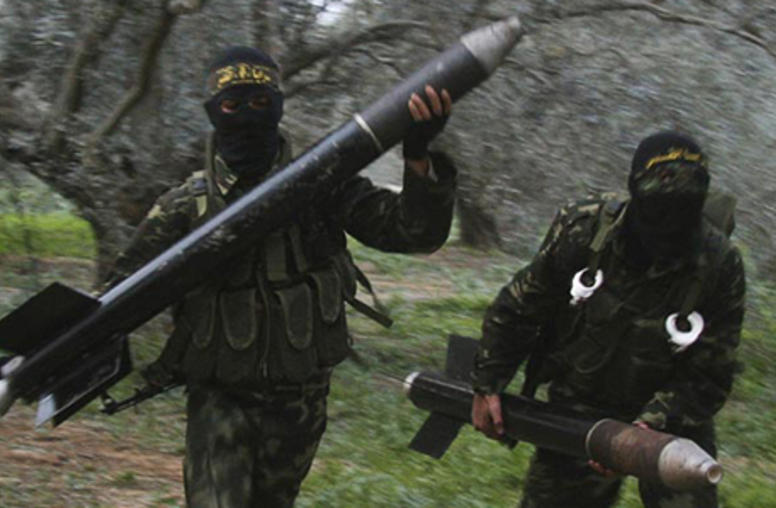
Islam Is a Religion of Violence
Can the wave of violence sweeping the Islamic world be traced back to the religion's core teachings? A USIP-FP Peace Channel debate about the roots of extremism.
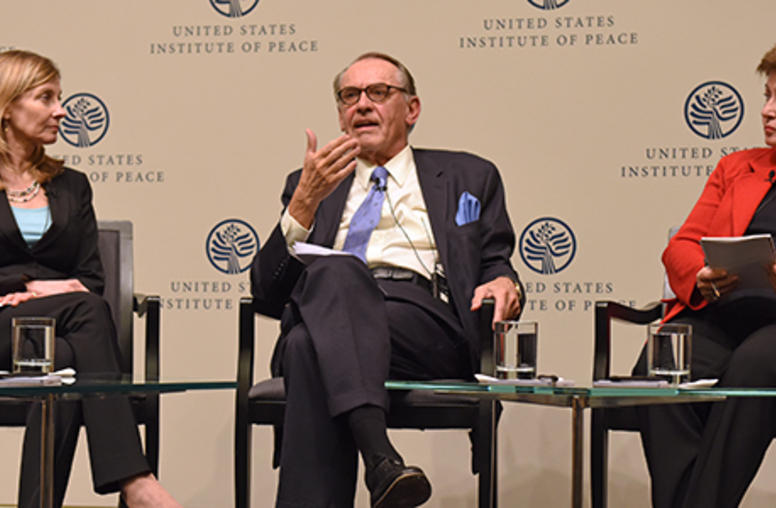
U.N. Eyes Early Human Rights Intervention to Promote Development
United Nations discussions that are underway on how it can intervene to stop human rights violations within national boundaries might help prevent such tensions from exploding into the kinds of civil wars and floods of refugees that the world is experiencing today, said Jan Eliasson, the global body’s deputy secretary general, at an event organized by the U.S. Institute of Peace.